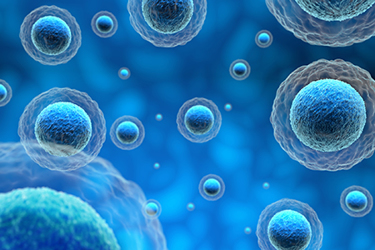Organoids: Ideal Model Systems For Disease And Drug Screening?

More than half of novel therapeutics that make it to Phase 3 clinical trials fail due to inadequate efficacy, with a portion also not meeting safety requirements.1 With many people waiting on innovative new products to improve their quality of life and, in some cases, save it, it is critical researchers have processes and tools that can accurately measure the safety and efficacy of a drug product. New technologies are sought to help many drug companies avoid the significant loss of investment when a drug fails to make it to market. Unfortunately, today’s traditional methods for selecting and evaluating molecules do not offer enough insight into how the human body will respond to a drug and/or what side effects can occur. This leaves a lack of predictability in drug development and a high potential for failure in clinical trials.
However, a promising new model system to study disease and screen therapeutics ― organoids ― has emerged over the last decade that could revolutionize a number of fields. Yet, successful organoid formation is dependent on many factors, all of which are crucial in fulfilling the potential of this powerful new tool for personalized medicine.
Get unlimited access to:
Enter your credentials below to log in. Not yet a member of Cell & Gene? Subscribe today.
